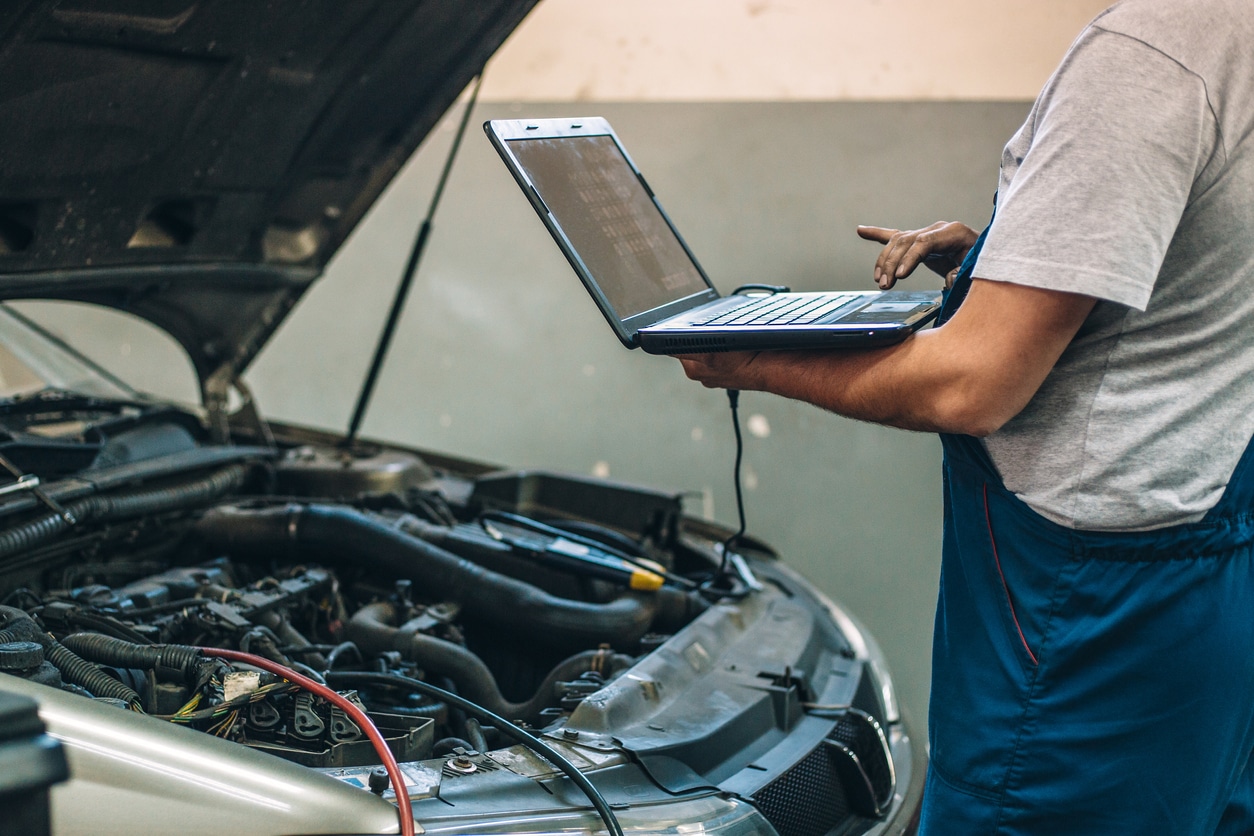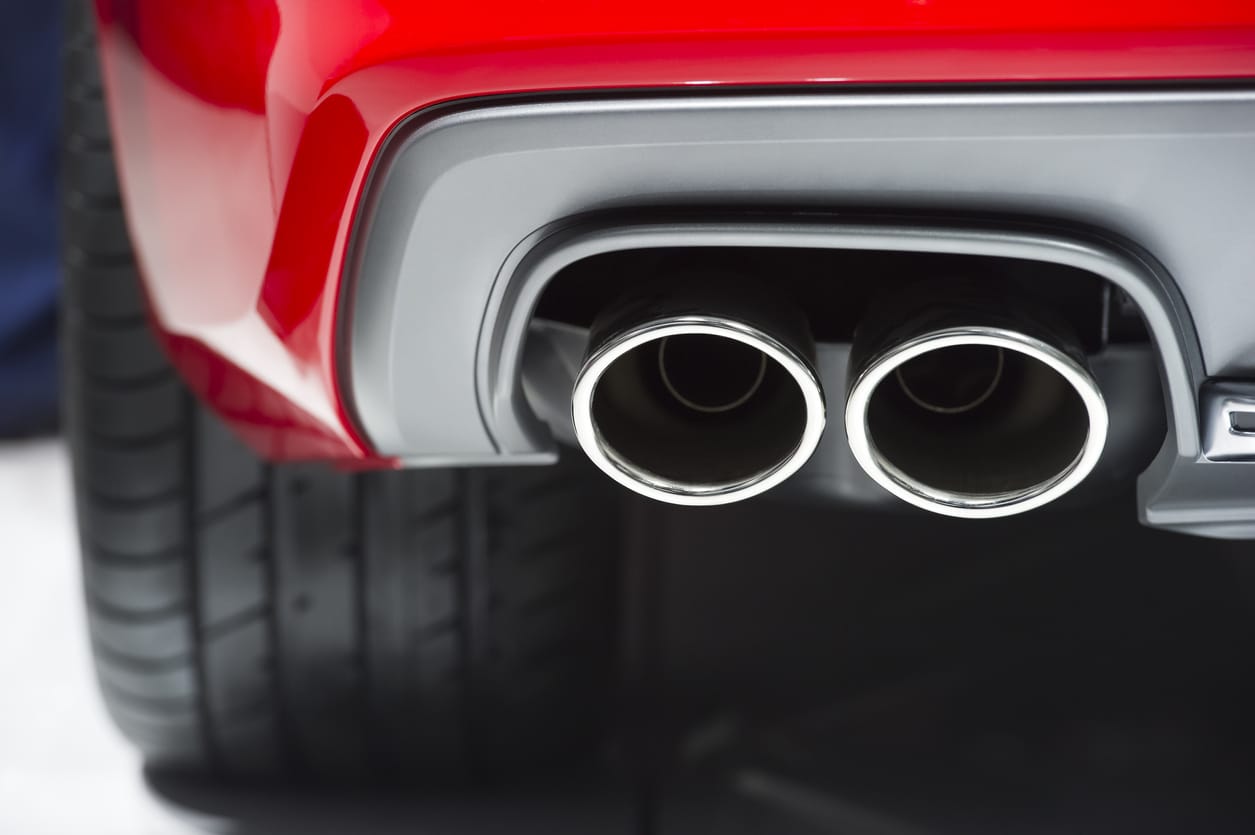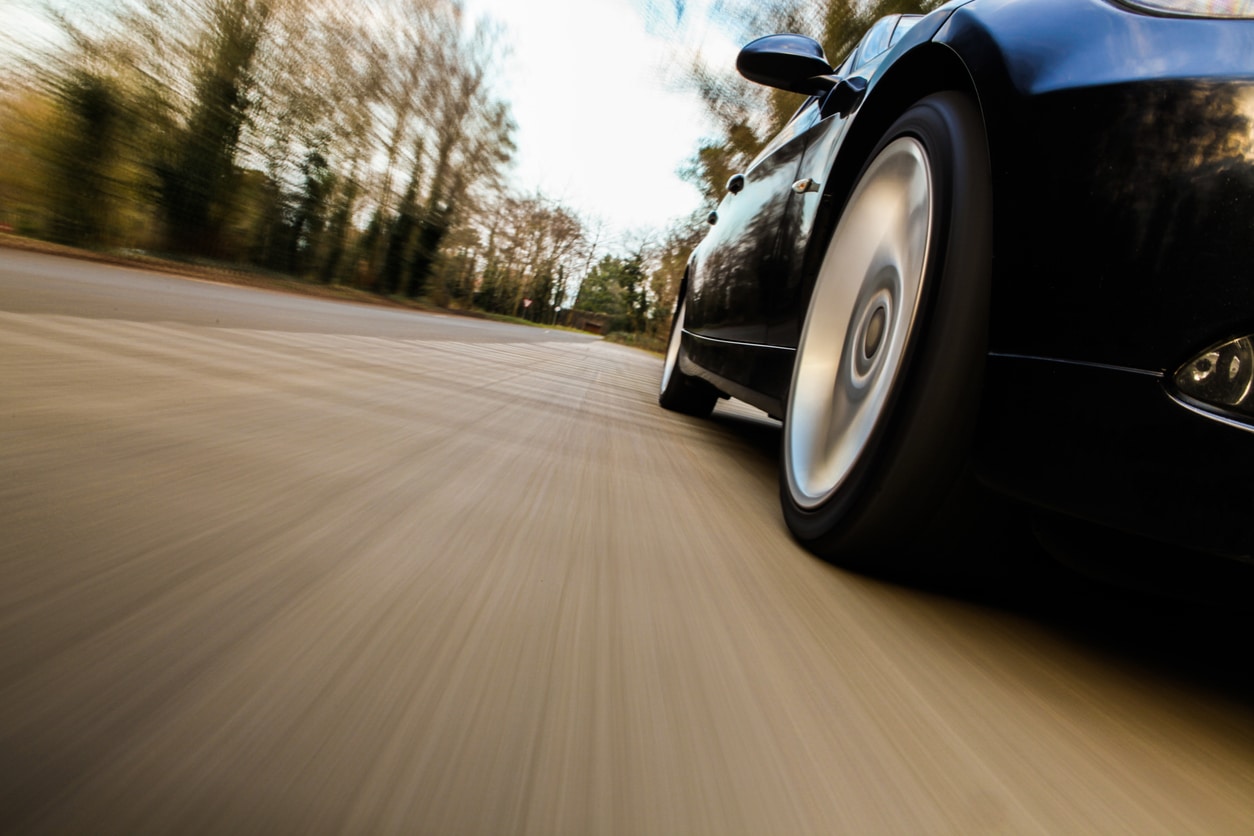Horsepower is one of the first numbers we look at when buying a new car. But what does it actually mean? And is there a way to work out how much HP your car has?
Here, we’re taking a deep dive into horsepower, covering what it is, how it’s measured, and ways to calculate how much horsepower your engine develops.
Quick Links
- What is horsepower?
- How does horsepower affect a car’s performance?
- How the engine can affect horsepower?
- What’s the difference between horsepower, brake horsepower and torque?
- How to calculate your car’s horsepower
- Can you increase and restore your car’s horsepower?
- Your other horsepower FAQs answered
What is horsepower?
Horsepower is the metric used to show how much power an engine produces. It stems from the 18th century, when Scottish inventor James Watt coined the phrase to help market his new range of steam engines.
At the time, horses remained one of the primary sources of power for early machines, such as grain mills. So, to attract the attention of potential investors, Watt dreamt up a way of measuring how much power his machines produced in relation to the good old horse – demonstrating the efficiency and work rate of his invention.
This is where explaining horsepower gets more complicated. In fact, the calculations are only really used by mathematicians.
In layman’s terms, horsepower is defined as: the power needed to move 550 pounds one foot, in one second. This is in relation to how much weight a horse can lift, which in Watt’s time was typically around a quarter of a tonne.
Really, all you need to remember is that HP is a measurement of the rate at which power is generated.
How does horsepower affect a car’s performance?
Horsepower plays a critical role in determining a car’s overall performance, influencing everything from acceleration to how well it handles challenging driving conditions. Essentially, horsepower refers to the amount of power an engine produces, which directly affects how fast a car can go and how efficiently it can maintain that speed. A car with higher horsepower generally accelerates more quickly, making it ideal for tasks like overtaking on the motorway or merging onto highways where quick bursts of speed are often necessary.
Beyond speed, horsepower also impacts a car’s ability to tow heavy loads. Vehicles with more horsepower can handle heavier trailers or boats without struggling, which is essential for drivers who need their car for more than just daily commuting. Additionally, when driving up steep inclines or navigating through difficult terrain, having adequate horsepower ensures that the engine can maintain power without overworking. In short, whether you’re seeking swift performance or robust towing capability, horsepower directly influences how effectively your car meets those demands.
How the engine can affect horsepower
The engine is the heart of a vehicle’s power output, and several factors within its design and configuration directly impact how much horsepower it can produce. Understanding these elements helps explain why two cars with seemingly similar engines can perform very differently on the road.
Engine size
Engine size, often measured in litres, refers to the total volume of all the engine’s cylinders. Larger engines generally have more cylinders, which means they can combust more fuel and air at once. This increased capacity leads to higher horsepower because the engine can generate more power with each combustion cycle. For example, a 4.0-litre engine typically produces more horsepower than a 2.0-litre engine due to its ability to burn more fuel at a faster rate.
Engine configuration
The way an engine’s cylinders are arranged—whether in a straight line, a V-shape, or horizontally opposed—affects how smoothly and efficiently the engine runs, which in turn can influence horsepower. For instance, a V8 engine, with its eight cylinders arranged in two banks of four, offers a balance of power and smoothness, often producing more horsepower than a four-cylinder inline engine. The configuration impacts how air flows through the engine, which can either enhance or restrict power output.
Engine design
Engine design encompasses various features, from valve timing to turbocharging, all of which can affect horsepower. Modern engines use technologies like variable valve timing, which optimizes the opening and closing of engine valves to ensure the best possible performance across a range of speeds. Turbochargers and superchargers also boost horsepower by forcing more air into the engine’s cylinders, allowing for more fuel to be burned and thus generating more power.

What’s the difference between horsepower and torque?
While HP remains the standard means of demonstrating a car’s power and performance, torque is often cited alongside it – but how do the two differ?
Put simply, horsepower is a work rate metric, while torque is a measurement of how much power is needed to do that work. This is perhaps best described through the following:
Say you’re accelerating on a stretch of road from 0-100mph. Torque measures the required force needed to get the car moving, while horsepower represents the speed at which the car can reach its target speed.
That’s why some cars with less horsepower can rival others when accelerating from a standing start. They may have more torque (or weigh less) but may not be able to accelerate as quickly to a maximum speed, which is what horsepower helps with.
What’s the difference between horsepower (hp) and brake horsepower (bhp)?
While the terms “horsepower” and “brake horsepower” are often used interchangeably, they actually measure slightly different aspects of an engine’s power output.
Horsepower, in its most general sense, refers to the power an engine produces and is a broad term used to describe an engine’s overall capacity to perform work, whether that’s accelerating a vehicle or towing a trailer. It’s a useful metric for comparing different vehicles, but it doesn’t take into account the potential losses that occur between the engine and the wheels.
Brake horsepower (bhp), on the other hand, offers a more specific measure. It represents the engine’s horsepower output after accounting for losses due to friction in the drivetrain and other components. Essentially, bhp measures the power delivered directly to the car’s wheels. This makes it a more accurate reflection of the usable power that a driver can expect to experience when accelerating or maintaining speed.
In short, horsepower provides a theoretical figure of an engine’s capabilities, while brake horsepower gives the actual performance you can expect when you’re behind the wheel.
How to calculate your car’s horsepower
If you do want to work out roughly how much horsepower your car produces yourself and know your car’s torque, you can use this formula:
Horsepower = Torque x RPM / 5,252
So, say your car has 91Nm (Newton-metres) of torque and a maximum RPM of 6,200. Multiplying the two together gives 564,200; divide this by 5,252, and you get 107 – which is roughly how much HP the engine generates.
Oh, and if you’re wondering what ‘5,252’ represents in the equation, this is the ‘meeting point’ of torque and horsepower in RPM. Without going into the physics, it’s the point at which horsepower equals torque, which is why it’s always used in the formula when working out an individual car’s total horsepower.

Calculate your car’s horsepower in 3 steps
Back to calculating your car’s horsepower, then, and using the formula above makes things pretty easy. Here’s how to do it:
- First, dig out your owner’s manual which will tell you your car’s maximum torque. Make a note of it before proceeding to the next step.
- Next, jot down your car’s maximum RPM. You’ll have to go off your car’s rev counter, though the real-world figure may be lower.
- From here, it’s time to get your calculator out and do some sums. Remember, you need to multiply the total torque by the maximum RPM, before dividing that figure by 5,252 to arrive at your car’s horsepower.
Of course, this isn’t the most accurate way of measuring horsepower, but it’s a nice way for everyday drivers to get an idea of what their car is capable of.
If you want to calculate your car’s maximum horsepower within a close degree of accuracy, you’ll need a lot of specialist tools and equipment, including an engine stand or rolling road. Given that such equipment is out of reach of the standard car enthusiast, the above method is a simple and practical way of getting close to your car’s horsepower figure.
Can you increase and restore your car’s horsepower?
There are a few different ways to increase or restore a car’s horsepower, from basic fixes to advanced engine tune-ups. If you want to eke more power from your car, here are a few things to try:
- Use fuel additives – petrol system cleaner and diesel system cleaner are designed to clean and refresh the engine, ensuring that it burns fuel as efficiently as possible. If you’ve never done this to your car, it’s a good way to restore horsepower and performance.
- Regularly clean the air filters – an annual service may not be enough to maintain your car’s peak performance throughout the year. A simple way to ensure your engine is running at its best is to regularly clean out the air filter with an air line.
- Install a turbocharger – while you may not be able to fit a turbocharger yourself, it’s a great way to increase your car’s overall torque, horsepower, and performance.
- Have the engine professionally tuned – an effective way to gain extra performance from your car’s stock engine is to have it professionally tuned. Specialist mechanics can tweak the setup of your engine to increase horsepower, adjusting the ECU to maximise power.
Your other horsepower FAQs answered
If we’ve not already given you enough insights, here are some frequently asked questions regarding horsepower.
Do electric cars have horsepower?
Yes, electric cars do have horsepower. While electric motors work differently from combustion engines, their power output can still be measured in horsepower. In fact, many electric vehicles (EVs) offer impressive horsepower figures.
Does horsepower affect insurance?
Yes, higher horsepower can affect your car insurance premiums. Vehicles with more horsepower tend to be associated with higher speeds and potentially riskier driving behaviour, which can lead to increased insurance costs. Insurers often view high-performance cars as more expensive to repair or replace in case of a claim.
Do engines lose horsepower over time?
Yes, engines can lose horsepower over time due to wear and tear. Factors like reduced engine compression, ageing components, and carbon buildup can cause an engine to produce less power than when it was new. Regular maintenance, however, can help minimise these losses and keep your engine running efficiently.
We hope this guide has shed some light on horsepower and how it relates to your car’s power output. If you want to ensure optimum health and performance for your car, Redex fuel additives and system cleaners are a great way to clean, maintain and restore the engine. For more information and advice, visit the homepage.


